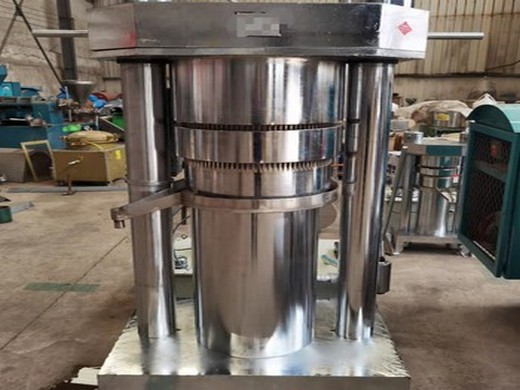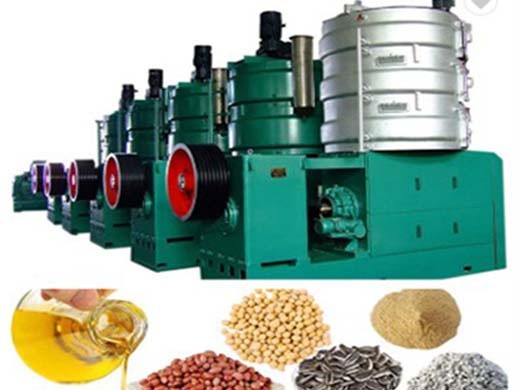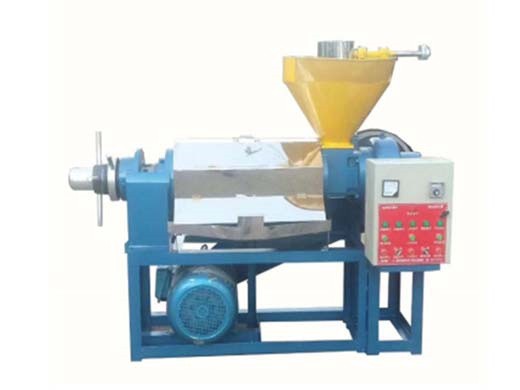fluid catalytic cracking unit in oil refinery
Dangote Refinery, Lagos, Nigeria Africa's biggest oil
Dangote oil refinery design details. The processing facilities for the Dangote refinery include a crude distillation unit (CDU) and associated facilities, a mild hydrocracking (MHC) unit, a residual fluid catalytic cracking (RFCC) unit, a naphtha hydrotreater, and a gasoline hydrodesulfurisation (HDS) unit as well as alkylation units.
Fluid Catalytic Cracking Unit (FCC): FCC is one of the most important conversions processes used in oil refinery process.The purpose of FCC unit is to transfer heavy crude oil into light oil. Under the action of heat and catalyst, upgrades the heavier, higher-boiling fractions from the crude oil distillation by converting them into lighter and lower boiling, more valuable products like
What is a Fluid Catalytic Cracking Unit (FCCU)? (with
Fluid Catalytic Cracking Units are the large towers at refineries that break crude oil into separate products. Gasoline is extracted from crude oil by cracking it with a FCCU. With "cracking" technology, gasoline, kerosene and petroleum can be refined from crude oil in refineries.
Fluid catalytic cracking, or FCC, is the last step in the evolution of cat cracking processes-- also introduced in 1942, just like TCC or Thermafor Cat Cracking, during the Second World War in an effort to make high-octane number gasoline.
Fluid Catalytic Cracking
HOW AN OIL REFINERY WORKS SHELL OIL Fluidized Bed Catalytic Cracking or fluid Catalytic Cracking Duration: 4:13. Vturesource 30,469 views. 4:13. Cracking a hydrocarbon Duration: 7:45
Fluid catalytic cracking (FCC), a type of secondary unit operation, is primarily used in producing additional gasoline in the refining process. Unlike atmospheric distillation and vacuum distillation,which are physical separation processes, fluid catalytic cracking is a chemical process that uses a catalyst to create new, smaller molecules from larger molecules to make gasoline and
Dangote Refinery, Lagos, Nigeria Africa's biggest oil
Dangote oil refinery design details. The processing facilities for the Dangote refinery include a crude distillation unit (CDU) and associated facilities, a mild hydrocracking (MHC) unit, a residual fluid catalytic cracking (RFCC) unit, a naphtha hydrotreater, and a gasoline hydrodesulfurisation (HDS) unit as well as alkylation units.
The purpose of the vacuum unit in an oil refinery is a) to receive the "reduced crude" and recover more gas oils by further distilling under high temperature and low pressure b) to only take off the propane, butane, and light ends from the crude oil c) the same as the fluid catalytic cracking unit
Study on the integration of fluid catalytic cracking unit
Fluid catalytic cracking unit (FCCU) is an important refinery process by cracking heavy hydrocarbons to form lighter valuable products, including gasoline and diesel oil. However, the FCCU also generates the largest amount of CO 2 emissions among all the refinery units.
Oil Refinery Process 3D Animation Ikatan Alumni Teknik Kimia ITB Angkatan 90 HOW AN OIL REFINERY WORKS SHELL OIL HISTORIC FILM 71862 Duration:
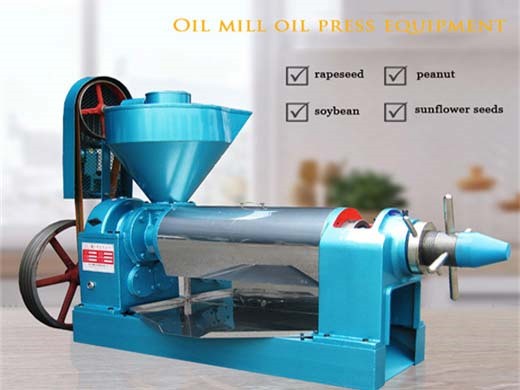
Fluid Catalytic Cracking Unit (FCCU) Refinery Plant
Start PETROLEUM REFINING NATURAL GAS PROCESSING 1st GENERATION OIL & GAS PETROCHEMICALS Fluid Catalytic Cracking Unit (FCCU) Visbreaking Unit Lube Oil Treating Unit Aromatic Extraction Unit Isomerization Unit Storage/Blending Unit Hydrogen Unit Gas Unit Alkylation Unit Coking Unit Hydrocracking Unit Catalytic
Get Price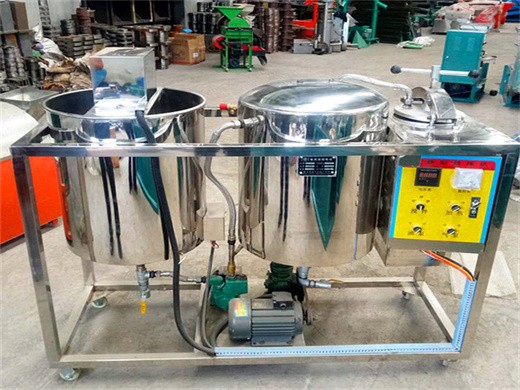
FLUID CATALYTIC CRACKING PROCESS TECHNOLOGY
Refining Process Services, Inc. provides technical training seminars in the field of petroleum refining, also called oil refining. The modern petroleum refinery has a series of core process units that create clean gasoline and low sulfur diesel fuel. The first oil refinery unit is crude oil desalting. The desalter removes salt, water and other
Get Price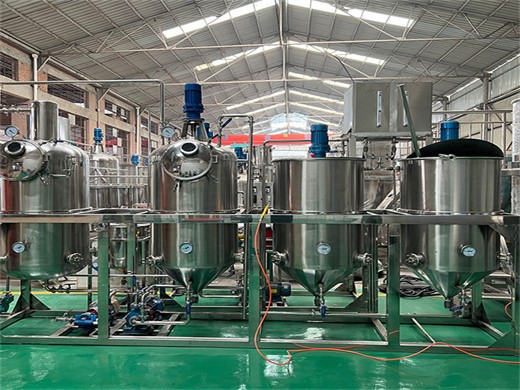
Fluid Catalytic Cracking an overview ScienceDirect Topics
Fluid catalytic cracking (FCC) process is an important oil refinery process, since this process converts heavy petroleum fractions into lighter hydrocarbon products inside a reactor. In an attempt to maximize production and improve operating efficiency, a comprehensive analysis of a FCC unit regenerator has increased. Optimizing the burning
Get Price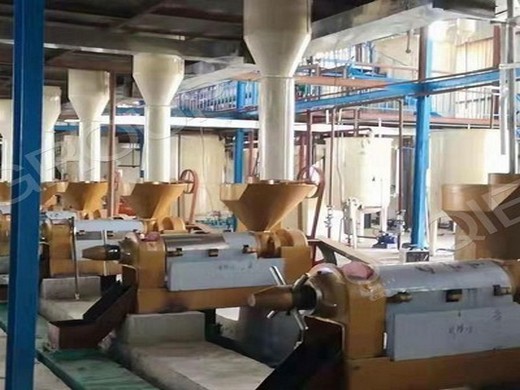
Oil Refinery Process Units, Refinery Equipment List
Diesel Hydrotreating Unit (DHT): uses hydrogen to desulfurize the naphtha fraction from the crude oil distillation or other units within the refinery. Semi-regenerative Reforming Fluid Catalytic Cracking Unit
Get Price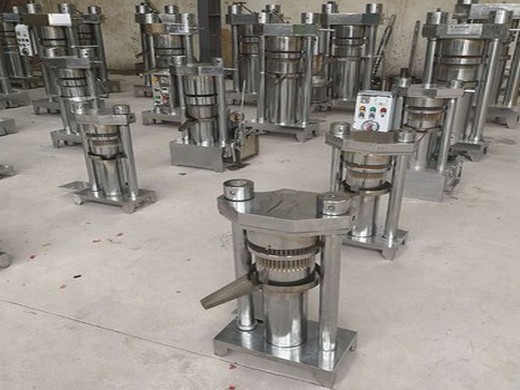
Oil refinery fluid catalytic cracker PR electronics
The fluid catalytic cracking unit is a process unit used to upgrade the heavier, higher-boiling fractions from the crude oil distillation by converting them into lighter, lower boiling, more valuable products. One main challenge for a fluid catalytic cracking unit is to avoid a catalyst reversal in the reactor-regenerator section. As the
Get Price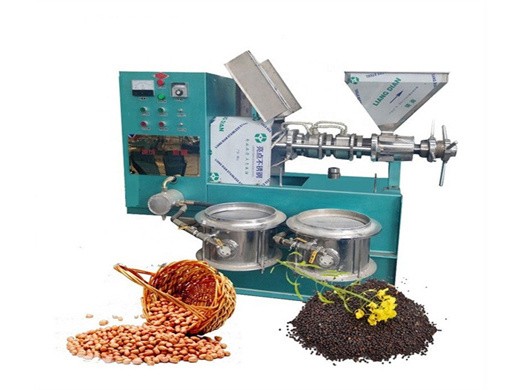
Industrial: Refining: Fluidized Catalytic Cracking MEI
Industrial: Refining: Fluidized Catalytic Cracking Fluid Catalytic Cracking Units (FCCUs) are a secondary conversion operation within more complex refineries, and is used to produce additional gasoline, primarily, from the gas oils produced in the atmospheric and vacuum distillation units.
Get Price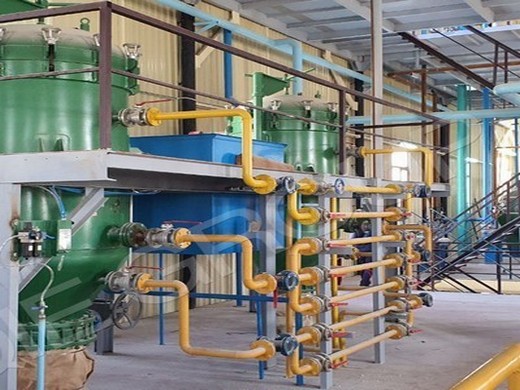
Petroleum refining Catalytic cracking Britannica
Petroleum refining Petroleum refining Catalytic cracking: The use of thermal cracking units to convert gas oils into naphtha dates from before 1920. These units produced small quantities of unstable naphthas and large amounts of by-product coke. While they succeeded in providing a small increase in gasoline yields, it was the commercialization of the fluid catalytic cracking process in
Get Price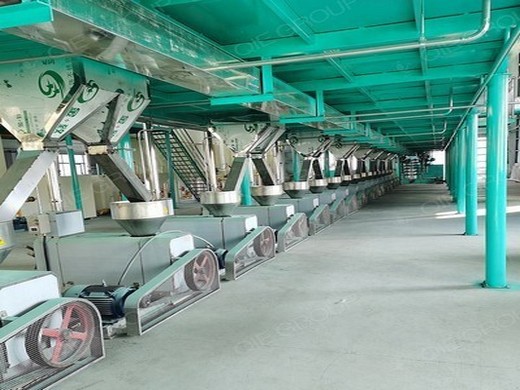
Alfa Laval Catalytic cracking
Optimizing fluid catalytic cracking processes. Converting hydrocarbon fractions into more valuable refinery products can be done in fluid catalytic cracking (FCC) processes. Alfa Laval has the expertise, technologies and services to help refineries balance the need for reducing energy consumption and environmental impact with increasing uptime
Get Price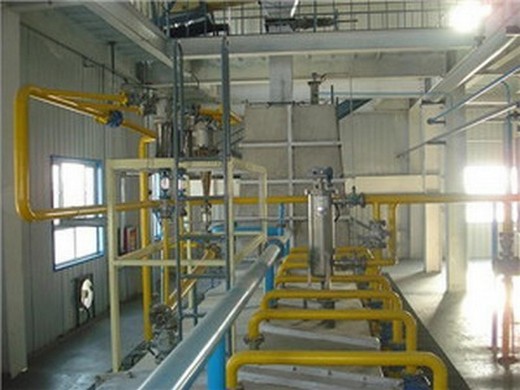
Hydrocracking Unit Refinery Plant PETROLEUM
Start PETROLEUM REFINING NATURAL GAS PROCESSING 1st GENERATION OIL & GAS PETROCHEMICALS Hydrocracking Unit Visbreaking Unit Lube Oil Treating Unit Aromatic Extraction Unit Isomerization Unit Storage/Blending Unit Hydrogen Unit Gas Unit Alkylation Unit Coking Unit Fluid Catalytic Cracking Unit (FCCU) Catalytic
Get Price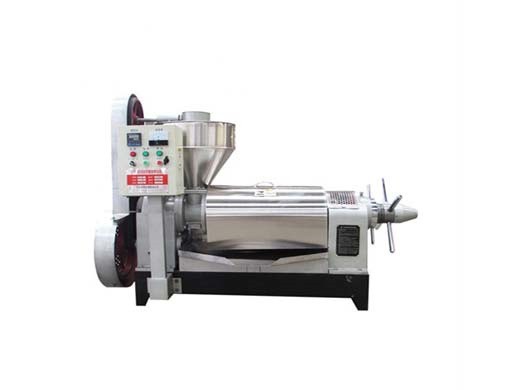
Chemical Processing How Oil Refining Works
fluid catalytic cracking a hot, fluid catalyst (1000 degrees Fahrenheit/538 degrees Celsius) cracks heavy gas oil into diesel oils and gasoline. hydrocracking similar to fluid catalytic cracking, but uses a different catalyst, lower temperatures, higher pressure, and hydrogen gas. It takes heavy oil and cracks it into gasoline and
Get Price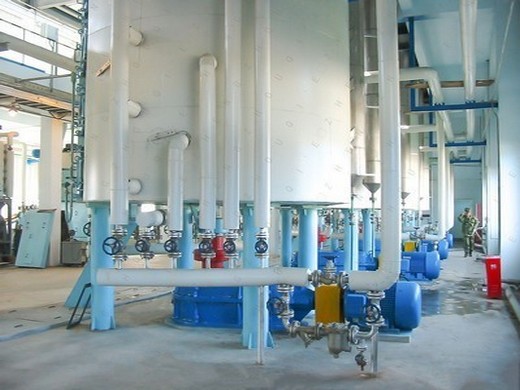
Fluid Catalytic Cracking Unit (FCCU) Inspectioneering
Also known as a Cat Cracker, the Fluid Catalytic Cracking Unit (FCCU) is a piece of refining equipment used to convert the heavy portion of crude oil feedstock into lighter petroleum products, including liquified petroleum gas and gasoline.. FCCUs use a chemical process known as cracking to break down large hydrocarbon molecules into smaller molecules by exposing them to a catalyst and
Get Price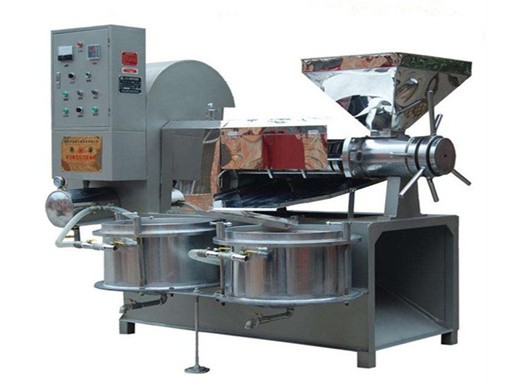
FLUID CATALYTIC CRACKING PROCESS TECHNOLOGY
The fluid catalytic cracking process is a very complex and demanding one. This program, "Fluid Catalytic Cracking Process Technology," has been developed by Refining Process Services to provide an in-depth yet practical review of current FCC technology.
Get Price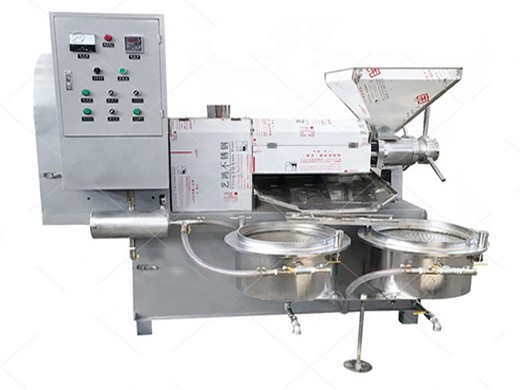
Fluid catalytic cracking — Wikipedia Republished//WIKI 2
Oil refineries use fluid catalytic cracking to correct the imbalance between the market demand for gasoline and the excess of heavy, high boiling range products resulting from the distillation of crude oil.. As of 2006, FCC units were in operation at 400 petroleum refineries worldwide and about one-third of the crude oil refined in those refineries is processed in an FCC to produce high-octane
Get Price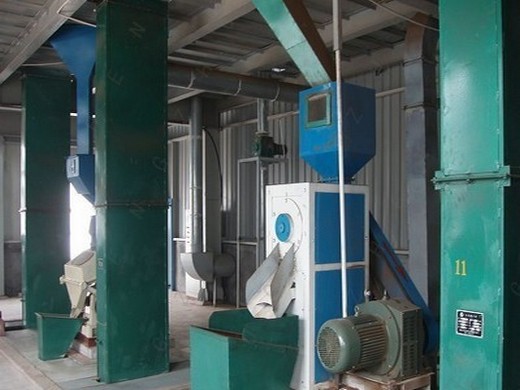
Dangote Refinery begins installation of a major refinery
The Fluid Catalytic Cracking equipment for Dangote Oil Refinery Company Limited has arrived Lagos, even as the company now prepares to install the monstrous-looking, but a very important device. The company’s management officially confirmed
Get Price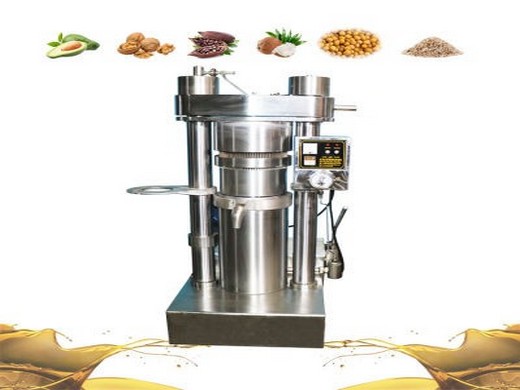
Corrosionpedia What is Fluid Catalytic Cracking (FCC
Fluid catalytic cracking (FCC) is a refining process of gas oil, which could not be distilled in an atmospheric tower, into lighter transportation fuel by reducing the molecules of the heavy oil by use of a catalyst, pressure and heat.
Get Price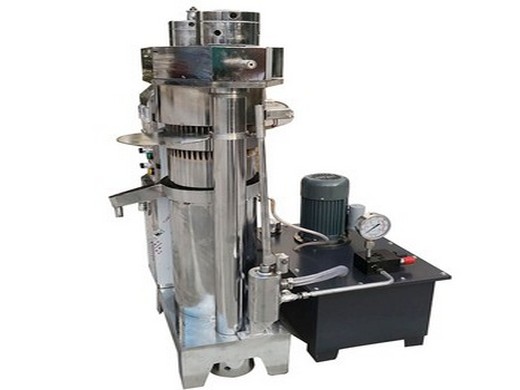
Catalytic Cracking RFCC
A Residue FCC (RFCC) unit expands the versatility and profitability of an FCC to crack a wider variety of feedstock: Traditional FCC feedstocks Deeply Deasphalted Oil Atmospheric Residu Catalytic Cracking RFCC
Get Price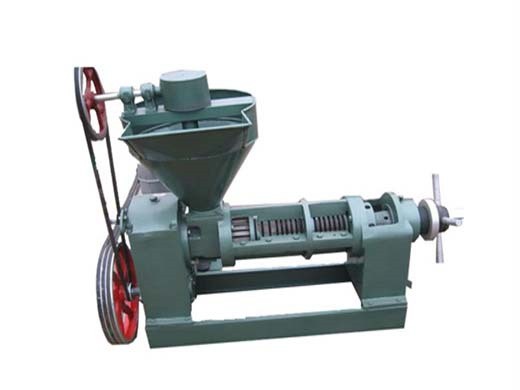
Cracking and related refinery processes
In fluidised catalytic cracking, the feedstock is gas oil which is vaporised and passed through a zeolite, produced as a fine powder (Unit 2), heated to about 700-800 K in the reactor. It is so fine that it behaves like a fluid and continuously flows out of the furnace with the cracking products. The temperature, residence time and the catalyst
Get Price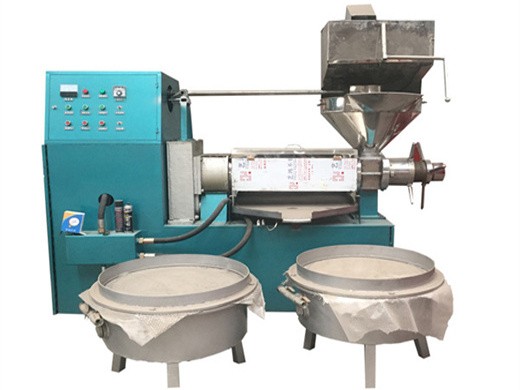
Petropedia FCCU: A Real Value Add To Refineries
This phase is called the conversion process, which is where the FCCU (fluid catalytic cracking unit) plays a key role in producing more value added products. In this phase, a number of different refinery process technologies are used, including processes to remove impurities such as sulfur.
Get Price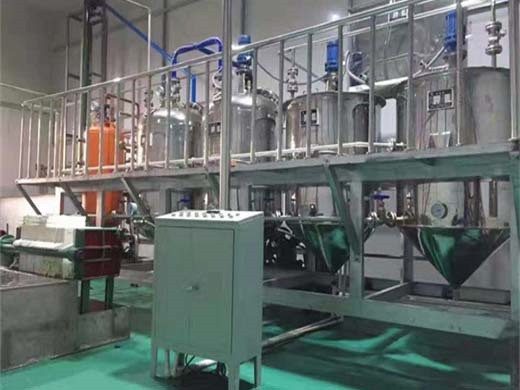
07 Catalytic Cracking Inside Mines
Early adopters: Standard Oil of New Jersey, Standard Oil of Indiana, M.W. Kellogg, Shell Oil, The Texas Company, & others Dense phase –back mixed reactor Model I FCCU at Standard Oil of New Jersey’s Baton Rouge Refinery, 1942 Model II dominated catalytic cracking during early years
Get Price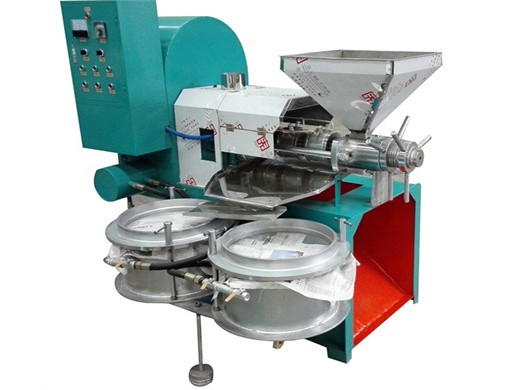
Refinery Process Air Emissions McIlvaine Company
Refinery Process Air Emissions. The most significant air emission sources in oil refineries are catalytic or thermal cracking units, catalytic reformer units, sulfur recovery plants, storage vessels, fluid coking units wastewater streams, cooling towers, equipment leaks, blowdown systems, vacuum distillation units, steam boilers, process furnaces, process heaters, compressor engines, barge or
Get Price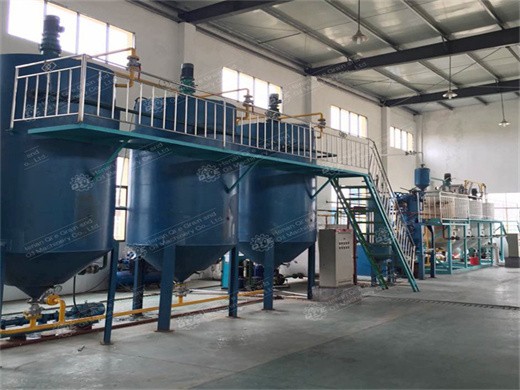
Fluid Catalytic Cracking and Hydrocracking: Making
Fluid catalytic cracking and hydrocracking produce a variety of heating and transport fuels including diesel and gasoline. Cracking is a secondary part of the crude oil refining process. The first step in the refining process is the separation of fossil fuel hydrocarbons. The distillation process separates crude oil hydrocarbons into small
Get Price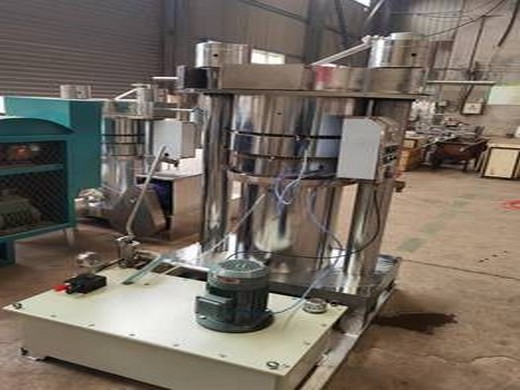
Oil Refinery Process
Fluid Catalytic Cracking Units (FCC) are a secondary conversion operation within more complex refineries, and is used to produce additional gasoline, primarily, from the gas oils produced in the atmospheric and vacuum distillation units. Fluid catalytic cracking is a chemical process that utilizes a catalyst and heat to break long-chain
Get Price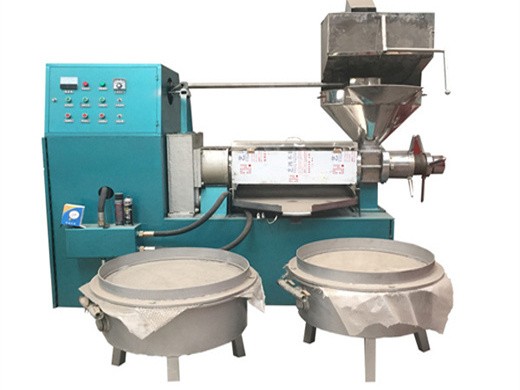
Catalysis and Refinery EOLSS
Atmospheric heavy gas oil and vacuum gas oil comprise the main feed of the Fluid Catalytic Cracking Unit. This process is particularly important for a refinery and is extensively described in Section 4. Another important unit in the refinery is the alkylation unit, described in Section
Get Price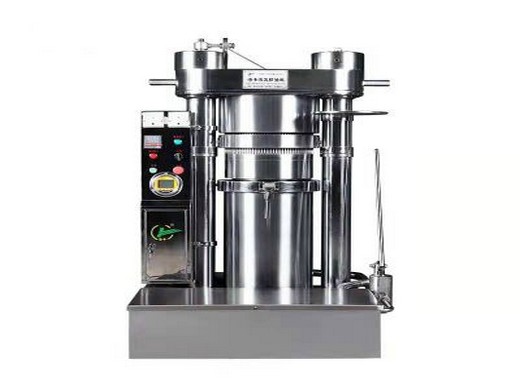
Selective Catalytic Reduction of NOx From Fluid Catalytic
The fluid catalytic cracking unit (FCCU), also known as the cat cracker, is the central process at the heart of a typical high-conversion refinery producing gasoline. It cracks large gas oil molecules into smaller molecules within the gasoline range plus light gases, other liquid products, and petroleum coke. Unfortunately, without abatement, a refinery’s cat cracker also generates
Get Price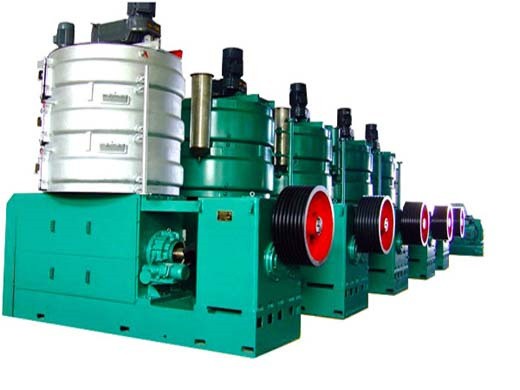
What is the difference between RFCC and FCC
FCC = Fluid Catalytic Cracker RFCC = Residue Fluid Catalic Cracker Note the “second stage”regenerator which is the key differentiator Worldwide demand for propylene continues to rise at a rapid pace. The demand for propylene continues to command a...
Get Price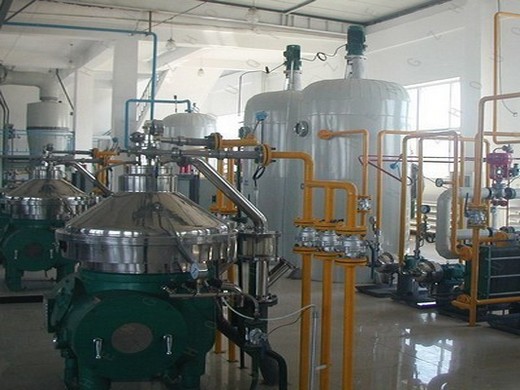
Refinery Fluid Catalytic Cracking Units Market Research
The Refinery Fluid Catalytic Cracking Units Market report delivers a comprehensive overview of the crucial elements of the market and elements such as drivers, current trends of the past and present times, supervisory scenario & technological growth. The report provides []
Get Price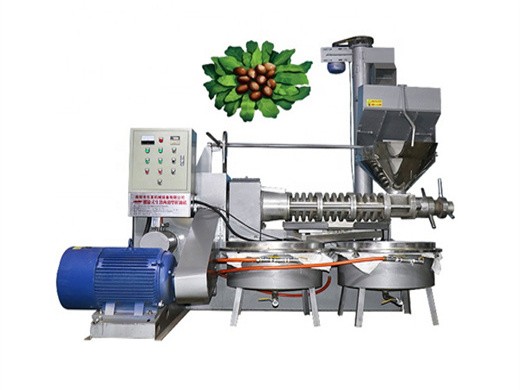
IOCL lets contract for Panipat refinery Oil & Gas Journal
Indian Oil Corp. Ltd. has let a contract to McDermott International to provide process technology for a grassroots fluid catalytic cracking unit at IOCL’s 314,000-b/d Panipat refinery and
Get Price
